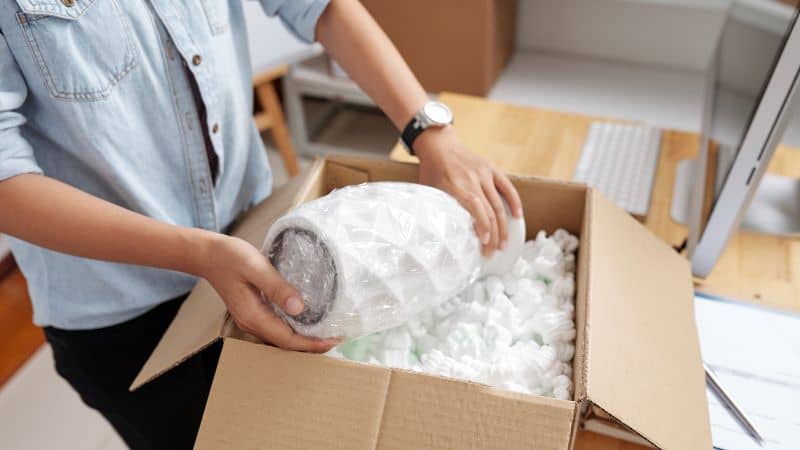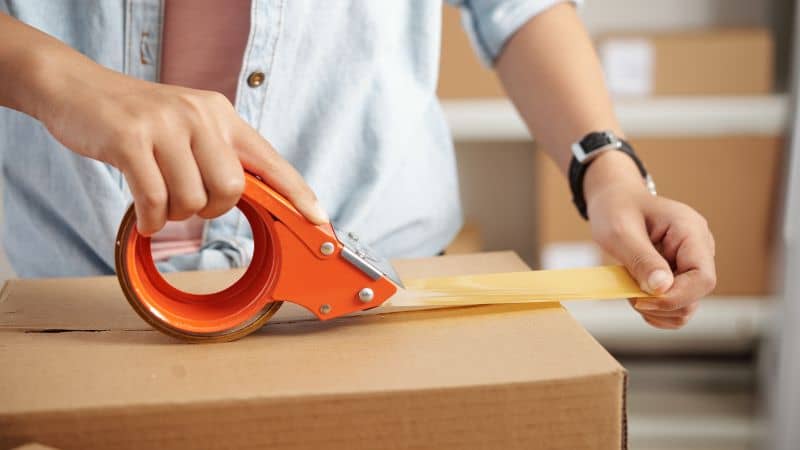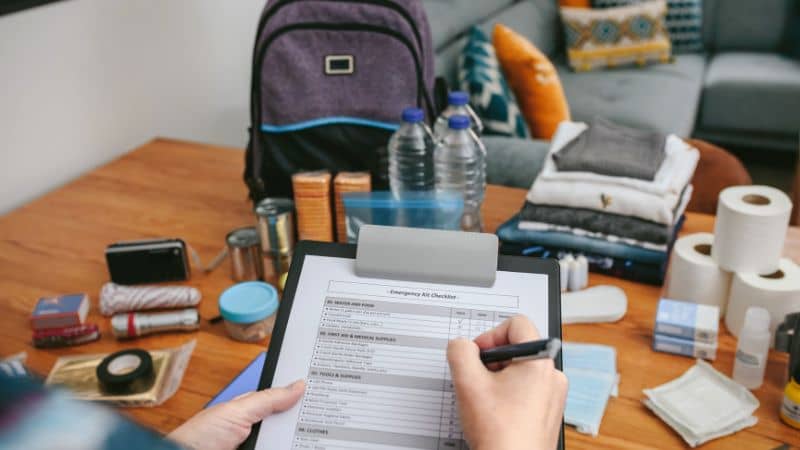
Handle with Care: The Art of Protecting Valuable Items During a Move
Introduction
Moving is often a mixture of excitement and anxiety. One of the biggest concerns? Protecting those valuable items. Whether it's grandma's china, your prized vinyl collection, or that expensive flat-screen TV, you'll want to ensure they reach your new home intact.
To know abot the tips for safely shifting during the monsoons. Please read our article: Moving during the Monsoons
Understanding the Value of Your Items

Assessing Monetary Worth
Before the packing begins, take a moment to evaluate the monetary worth of your items. You might have antiques or jewelry with significant market value. Being aware of this helps you decide on the right insurance and packing method.
Emotional and Sentimental Value
Not everything valuable carries a hefty price tag. That hand-me-down watch, or the painting your child made in their first art class, can hold immense sentimental value. These items deserve as much care as the more expensive ones.
Materials Needed for Proper Packaging

Bubble wrap and Padded Envelopes
Bubble wrap isn't just fun to pop; it's crucial for protecting fragile items. Padded envelopes, meanwhile, are perfect for small valuables. They offer a cushion that can withstand minor bumps and drops.
Sturdy Boxes and Packing Peanuts
The foundation of good packing starts with sturdy boxes. Coupled with packing peanuts, they create a secure environment for your items, preventing movement and potential damage.
The Packing Process

Delicate Items: Fragile to Fend off Fractures
For items like china or glassware, wrap each piece individually in bubble wrap and place them in a box lined with packing peanuts. Always label the box "FRAGILE." Remember, it's better to over-wrap than under-wrap.
Heavy Items: Ensuring They Don't Shift
Distributing Weight
Don't make the mistake of placing all your heavy items in one box. Distribute the weight across multiple boxes to ensure they don’t break through the bottom or become too cumbersome to carry.
Sealing and Securing
Once packed, seal the boxes tightly with durable tape. For added protection, tape over any seams or edges to reinforce the box's structure.
Special Considerations for Electronics and Art
Electronics require special attention. Use anti-static bubble wrap for items like computers or TVs. For artworks, especially if framed with glass, wrap in bubble wrap and then in cardboard, securing all edges.
Moving Day: Double-checking and Communicating with Movers

Before the movers arrive, double-check all your boxes. Ensure they're well-labeled and securely sealed. When the movers arrive, communicate the presence of valuable items. This alerts them to take extra caution.
Conclusion and Best Practices
Always Be Proactive
Better safe than sorry, right? Being proactive during packing can save a lot of heartaches later. A well-packed box is the first defense against damages.
Trust but Verify
While it's essential to trust professionals, it never hurts to double-check. If something doesn't seem right or if you're unsure about the safety of an item, voice your concerns.
FAQs
- How can I ensure the movers treat my valuable items with care?
- Communication is key. Label your boxes and inform the movers about any particularly delicate items.
- Is it necessary to buy insurance when moving valuable items?
- While it's not mandatory, it's advisable. Insurance provides peace of mind and potential compensation in the event of unforeseen damages.
- How do I pack oddly-shaped items?
- Custom crates or packing materials can be used for items with unique shapes. It's essential to ensure they're well-cushioned on all sides.
- What if my items get damaged during the move?
- First, stay calm. Check your insurance coverage, and contact the moving company. They should have a procedure in place for such scenarios.
- Should I move extremely valuable items myself?
- If you're uncomfortable letting movers handle certain items, consider transporting them yourself for added peace of mind.
You should also be aware of the moving route very well. This will help to minimise the damage of your fragile items.

